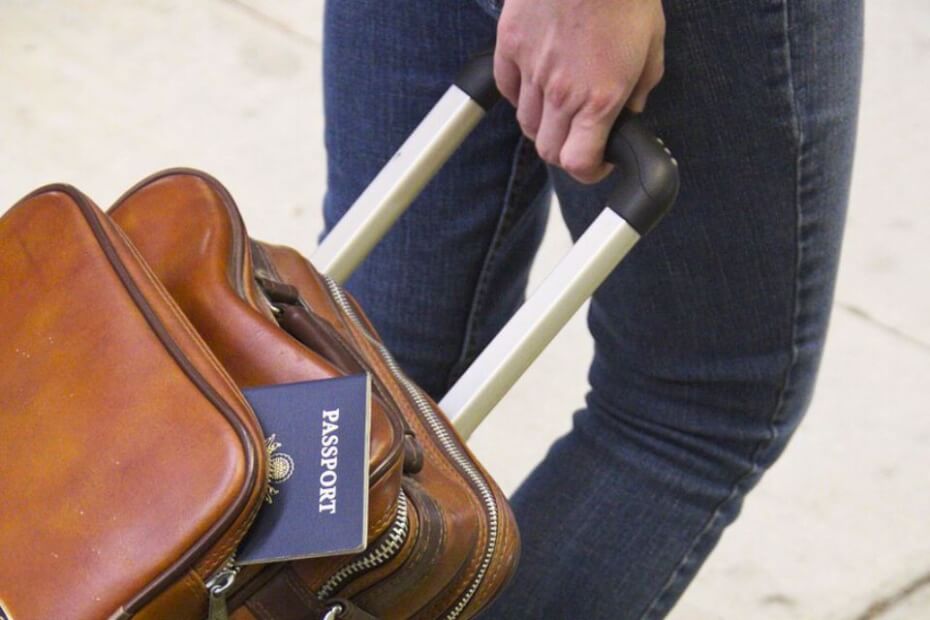
The United Kingdom (UK) is making considerable strides in digitizing its immigration system.
It announced that it would expand its eVisa system to include a broader range of biometric applicants.
Individuals applying for certain visas using biometric data can now access an online immigration system.
“This new use of technology will streamline a key part of the visa process, make it more secure, and reduce the dependence on paper documents,” High Commissioner Jane Marriott said in a statement.
The change means more travelers will experience a quicker, easier, and more secure way to manage their immigration status online.
Instead of relying on traditional physical visa documents, they can view their visa through the UK Visa and Immigration (UKVI) platform.
This expansion reflects the UK’s commitment to making travel and immigration more efficient and secure.
A paperless eVisa system
The transition to eVisas marks a shift away from physical documentation.
For many travelers, this means they no longer need to carry physical permits or stamps to prove their right to stay in the UK.
Instead, their visa information will be stored online, where it can be easily accessed by both the visa holder and relevant authorities.
The shift to the eVisa system is free, secure, and straightforward.
It will not affect an individual’s immigration status or the conditions of one’s permission to enter or stay in the UK.
Still, during the transition to the eVisa system, UK visa holders must remain diligent.
They must not travel to the UK until they have received their passport and valid UK visa back from the visa application center.
Long-stay visa holders will still be required to collect a BRP upon arrival in the UK.
BRP cards are valid until 31 December 2024, but their expiry does not affect immigration status.
All BRP holders can now create a UKVI account and access their eVisa online. They must still carry the card until it expires.
When traveling overseas, they must also carry their BRP and passport to prove their permission to return to the UK.
The UK government’s transition to its new eVisa system will be complete by 1 January 2025, and no physical visa documents will be issued.
All individuals with immigration status in the UK must use the UKVI online platform.
How the eVisa system affects UK travelers

The expansion of the eVisa system primarily affects those who apply for visas requiring biometric information.
This includes individuals coming to the UK for work, study, or other long-term stays.
Tourists and those visiting the UK for less than six months will not be required to create a UKVI account.
Short-stay visitors will still use traditional visa methods, such as wet ink stamps of visa vignettes on passports.
The new system will also be particularly beneficial for individuals from countries where the UK has a large number of visa applicants.
Advantages of the eVisa system
The eVisa system offers several advantages to both visa applicants and the UK government.
First and foremost, it reduces the risk of lost or stolen documents, which has long been a concern with physical visas.
By moving the visa status online, the UKVI can ensure that an individual’s immigration status is secure and easily retrievable.
The eVisa system simplifies the process of proving a visa holder’s right to work, study, or stay in the UK.
Through a secure online portal, immigrants can easily share their immigration status with employers, landlords, or other relevant parties.
Additionally, the visa system is designed to be user-friendly, with clear instructions on creating and managing a UKVI account.
Challenges and concerns
While the eVisa system offers many benefits, one primary issue migrants have raised is the reliance on digital technology.
European citizens residing in the UK under the European Union Settlement Scheme (EUSS) have been utilizing the UKVI platform for several years.
The eVisa system could be challenging for those who are not tech-savvy or have little to no access to the Internet.
Some migrants have also reported difficulties with the UKVI platform, citing issues such as errors or mixed results.
These problems can cause delays and frustration, particularly for those who travel or claim benefits.
Another concern about an all-digital system is data security and privacy.
With all visa information stored online, the UKVI must ensure the system is robust enough to protect against cyber threats.
Any breaches could have severe consequences for visa holders, including identity theft or unauthorized access to personal information.
Moving towards an all-digital immigration system

The Home Office is currently contacting and urging all BRP holders to shift to eVisas and create a UKVI account.
Many are concerned that the UK government is rushing to transition to the eVisa system.
Vulnerable groups, like the elderly and refugees, may lose their immigration status if they don’t create a UKVI by the end of the year.
The Home Office has asked for the help of employers who sponsor migrants to urge their employees to create a UKVI account as soon as possible.
The UK government has also acknowledged the challenges and stated that it is working to improve the system.

